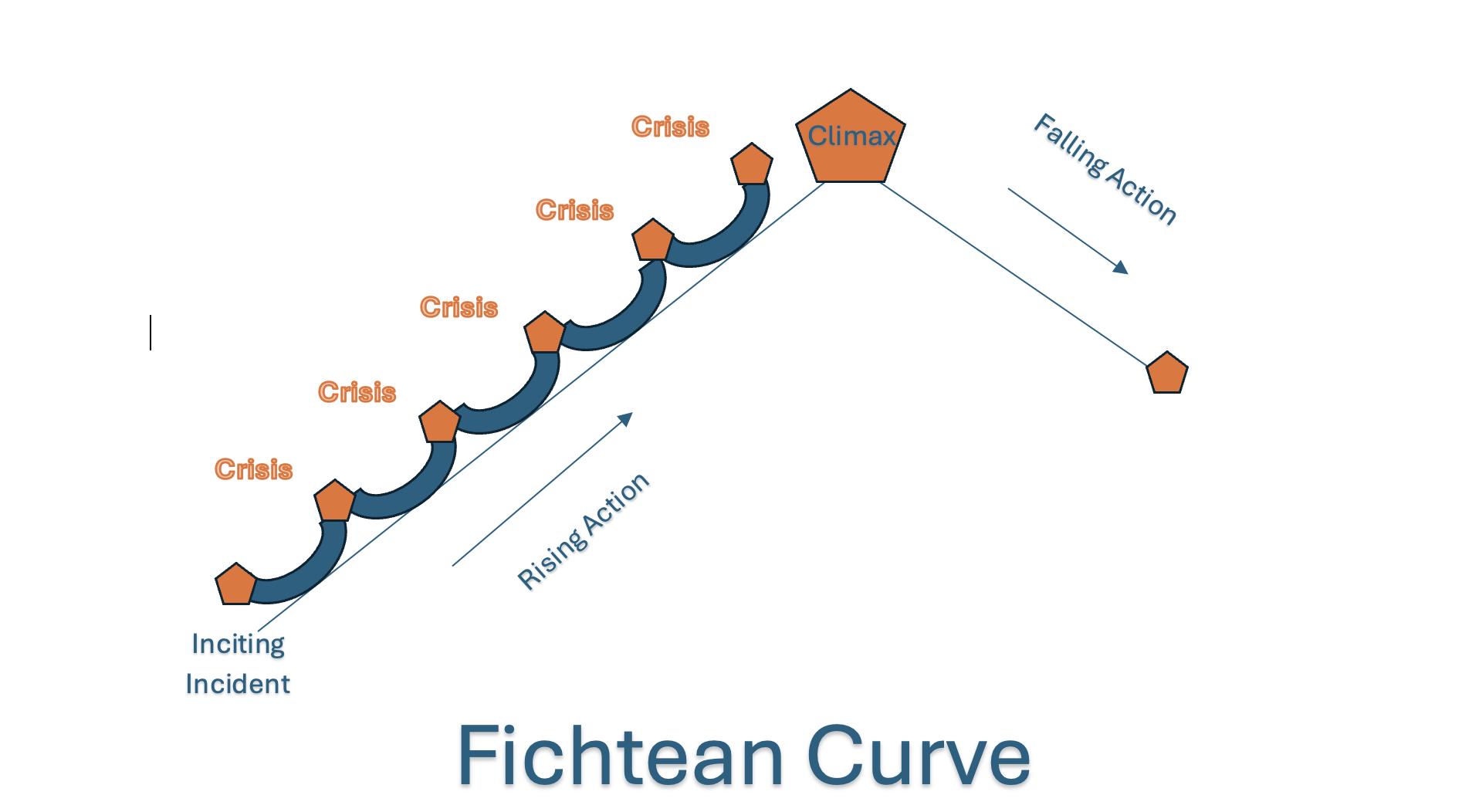Why Writers Need to Travel—Thoughts from My Trip to Ontario
Written By Pauline
Pauline J. Grabia participates in the Amazon Services LLC Associates Program, an affiliate advertising program, and earns from qualifying purchases from links in this post.
Please subscribe to my email newsletter for updates on my website and blog, and exclusive access to exclusive material in the Subscriber Content page of this website (see menu bar above). New content will be added regularly. You can sign up in the form found in the footer of this page. Thank you!
From the shoreline of Lake Erie, Ontario, near Port Dover.
An Observation
For two weeks this month, I traveled by car from Leduc, Alberta, to Port Dover, Ontario, and back with my husband and mother-in-law to visit my younger daughter. It was a pleasure trip to see the country and spend time with a loved one, but as I rode some long and lonely stretches of road in northern Ontario, it occurred to me that travel is one of the best things a writer can do to spur creativity and add depth to one’s projects. Since one of the settings in a novel I’m writing occurs on the northern shoreline of Lake Erie, traveling to Port Dover gave me first-hand experience of the setting, unlike anything Google could offer me regarding research. As a result, I chose to discuss why it’s vital that writers also be travelers as much as they can.
Travel has long been a source of inspiration and education for writers. From the windy streets of Winnipeg or Chicago and the bustle of Toronto or New York to the pristine beauty of the Rocky Mountains, British Columbia’s Lower Mainland, or the highlands of Scotland, exploring new territory can provide a writer with fresh material, insight, and experience that enriches the stories they tell. The benefits go beyond mere creativity by observation; they influence a writer’s ability to craft compelling narratives, develop authentic characters, and deepen their understanding of what it means to be human.
A selfie of me near the American side of Niagara Falls.
Expanding Horizons
An immediate advantage of travel for writers is exposure to different cultures, languages, and ways of life. This way, writers can encounter new perspectives and story ideas that challenge preconceived beliefs. It expands their understanding of the world. Before my trip, I thought I understood the differences between Eastern Canadians and Western Canadians based on what I’d researched online or seen on TV. I couldn’t have been more wrong. From nuances in the way they talk to their perspectives on various political and cultural issues facing Canada as a whole, there are differences I would have missed had I not traveled there in person to encounter them. They are more laid back and relaxed in their daily life than Albertans. I would not have known this had I not traveled there. Traveling through part of the United States to reach Port Dover impacted me with subtle differences in how they conduct their daily lives compared to Canadians. They have a stronger sense of independence and personal autonomy than we possess in the Canadian culture. I noticed they stand more erect, hold their heads up, and are more confident in their political and cultural positions. I would have overlooked that if I had only read an article about such differences found on the internet. This experience now will enable me, as a writer, to add more nuance and depth to the characters, cultures, and settings I create for my stories.
Fuelling Creativity
When we remain in the same location indefinitely, it’s easy to become stuck in our daily routines and habitual thought patterns. Traveling changes this, removing us from our ruts and motivating us to see new things, think, and behave differently. Breaking the bonds of commonality and monotony fuels our creativity as writers. It allows us to form new opinions and understand those of others from cultures and climates different from our own. By navigating unfamiliar streets, sampling exotic foods, or simply observing local customs, we spark new ideas and imaginative leaps. A change of scenery can also create the mental space we need to battle writer’s block or find new angles on existing projects. Last year’s trip to Chilliwack, B.C., and this year’s trip to Port Dover, ON, sparked new story ideas, which I am now fleshing out into what I hope will eventually become full-length novels. Watching the boats and ships leaving the dock at Port Dover gave me ideas for adventures on the water. Experiencing the hustle and bustle of a busy beach town along Lake Erie allowed me to create character sketches from the strangers I saw along the way. It allowed me to people-watch and develop ideas for interesting future characters.
Building Empathy
Travel usually involves interacting with people from different backgrounds, be it a short trip to a neighboring town with different political concerns or a completely foreign country with exotic languages and cultural behaviors from your own. Experiencing these differences can create a writer with greater empathy and understanding for other human beings. In the early 2000s, I traveled with a group from my church on a mission trip to an orphanage in Brazil. It expanded my mind and allowed me to witness how different attitudes about the human condition and human values impacted an entire culture. For example, it opened my eyes to see that not every culture views children with the same worth as mine. My perspective expanded, and I feel my writing was impacted, too. Writers who travel learn to navigate diverse social contexts and appreciate complex human behaviors shaped by geography. Increased empathy translates into more relatable and diverse characters and more thoughtful explorations of themes such as identity, conflict, and community.
Offering New Challenges
Travel comes with challenges, including language barriers and logistical hurdles. Overcoming these challenges can foster resilience and adaptability. This was true when I traveled to Brazil as a short-term missionary and moved for six years to the United Arab Emirates, where my husband worked for the government to develop STEM curricula and assessments for their schools. I had to adapt to the new cultures, respecting them while not conforming to those aspects that I knew were harmful to other human beings. It was sometimes a careful dance between what I felt was correct as a Christian and honoring the culture, predominantly Muslim, to which I was a visitor. For writers, such challenges can be metaphorical and literal, pushing us to explore new genres, styles, or narrative structures. The skills we learn to overcome travel-related obstacles can be applied to our creative process. This encourages risk-taking and experimentation in our writing, both in content and style.
Creating Memorable Stories
Travel provides the writer with adventures and experiences that can lead to unforgettable stories. Whether it’s a dramatic encounter with a local festival in Brazil or a quiet moment of introspection while watching the sunset over the Arabian (Persian) Gulf, these experiences can provide rich material for our stories. This is especially true for travel stories, with their inherent sense of adventure and discovery; they often captivate readers and bring a unique flair to a writer’s portfolio. In one of my manuscripts, which I have given the working title The Sacrifice, my protagonists travel across Canada and Brazil in pursuit of clues leading to the identity of a child abductor. In one of my stories, given the working title On Winnifred, the hero pursues the villain to a beach house on the northern shoreline of Lake Erie. I gleaned the information I needed for character and setting from my travel experiences to these locations. I couldn’t have come up with the ideas had I not visited these places and been inspired by them.
Rejuvenating the Mind and Spirit
Travel also provides the opportunity for self-care and rejuvenation. The chance to step away from daily stressors and immerse oneself in new environments can refresh a writer’s mind and spirit. Visiting family and friends in faraway places can remind us what is best about relationships and love, inspiring us to include related themes in our work. I had the opportunity to meet relatives of my husband in Regina whom I’d never encountered before, which was a blessing. It allowed me to share time with my daughter, whom I miss greatly, and share conversations and laughs with other family in Saskatchewan. This rejuvenation can lead to renewed enthusiasm for writing and a clearer sense of purpose.
My daughter Emily, myself, my mother-in-law, Ardis Grabia, and my husband Stuart in front of the Canadian side of Niagara Falls, Ontario.
Travel is More than a Leisurely Pursuit
Travel is more than just a leisure activity for writers; it’s a powerful tool that enhances creativity, authenticity, and empathy. Experience gained from exploring new places and cultures profoundly influences a writer’s work, leading to richer, deeper, more nuanced stories. If not for travel, I wouldn’t have developed the plots of several of my manuscripts. They were conceived from my experiences in different lands and spaces. Whether a grand adventure to a distant country or a weekend getaway to a nearby town, travel can unlock new creativity in a writer’s journey and provide endless inspiration for their work. To take your writing to a higher level, you must find every opportunity to leave the ordinary and explore the new.
Thank you so much for reading this post and visiting my blog. Please sign up for my newsletter for a monthly update about the website and blog and exclusive access to the material on my Subscriber Content page at www.paulinejgrabia.com. I am honored that you have taken time out of your day to read what I have to offer, and I will endeavor to continue to post blogs that are worthy of your continued attention. May God bless you richly.
Pauline J. Grabia







Consequence is a word with weight.
Often, we think of consequence only as punishment or fallout, something negative that follows a poor choice. But when I write Stories of Consequence, I’m drawing on another meaning entirely. Here, consequence means significance. Weight. Importance. I write stories that matter because they grapple honestly with darkness while still testifying to the reality of light made possible through God’s grace.